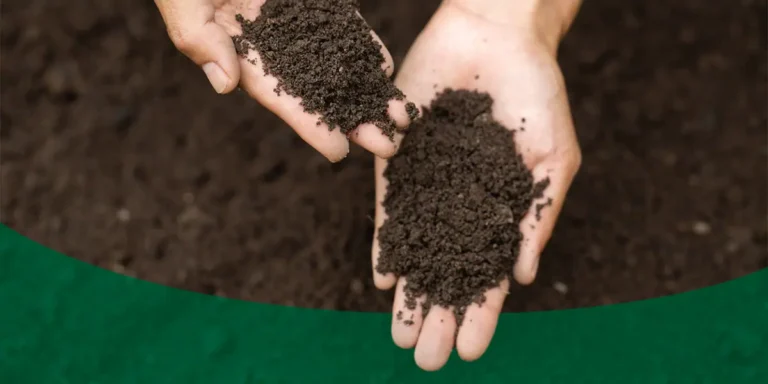By Atoyebi Nike
Stakeholders from across West Africa have pledged to prioritize soil health as a cornerstone of agricultural transformation, following the conclusion of a two-day strategy validation meeting in Abidjan, Côte d’Ivoire.
The meeting, themed “Catalyzing Stakeholder Collaboration for Sustainable Soil Health in the Sahel,” brought together over 40 government representatives, farmer leaders, scientists, development partners, and private sector players from six countries -Burkina Faso, Côte d’Ivoire, Ghana, Mali, Niger, and Nigeria.
Co-led by AGRA and the International Fertilizer Development Center (IFDC), with support from the Kingdom of the Netherlands, the event aimed to validate the strategy for the Soil Values Program (SVP), a ten-year initiative to restore degraded lands, boost soil fertility, and promote climate-resilient agriculture across West Africa and the Sahel.
In a joint statement signed by AGRA’s West Africa Regional Communications Officer, Jessie Lafourcade, and IFDC/SVP’s Diro Bénoit Wilfried Toe, the strategy was described as a roadmap for multi-level policy dialogue, stakeholder engagement, and sustainable land management.
Dr. Asseta Diallo, Senior Specialist for Soil Health at AGRA, emphasized that “soil health is at the heart of the resilience of our food systems.” She described the gathering as a crucial milestone in mobilizing resources and aligning efforts with the Nairobi Declaration and regional priorities.
“We are committed to ensuring that soil health becomes a true lever for food systems transformation in Africa,” she said.
Speaking on behalf of IFDC, Dr. Oumou Camara, Vice President for Programs, highlighted the program’s ambition to reach 1.5 million smallholder farmers and restore 2 million hectares of land.
“Strong collective effort is non-negotiable. No single actor can do it alone,” she said.
Dr. Alain Sy Traoré, Director of Agriculture and Rural Development at ECOWAS, affirmed the regional body’s support for practical actions aligned with the Africa Fertilizer and Soil Health Action Plan.
“Restoring and protecting our soils is a strategic opportunity to enhance food security, resilience, and sustainable development,” he noted.
Yemisrach Getachew Aseffa of the African Union Commission called the Soil Health Action Plan “a call to action” that must be driven through smarter fertilizer use, inclusive partnerships, and stronger local systems.
Also speaking, Eric Smaling, Acting Director of the Soil Values Program, encouraged partners to remain reflective and strategic in their roles within the regional soil health ecosystem.
Participants from CILSS, ECOWAS, and the World Bank’s Food Systems Resilience Program also contributed to validating and refining the SVP’s stakeholder convening strategy.
However, commitments were made toward policy advocacy, national integration of soil health, and long-term collaboration among governments, research institutions, farmer organizations, and development partners.
The Soil Values Program is implemented by a consortium including AGRA, IFDC, Wageningen University and Research, SNV, World Agroforestry (ICRAF), IITA, ISRIC, and IWMI, with funding from the Netherlands Directorate General for International Cooperation (DGIS).
AGRO NIGERIA
